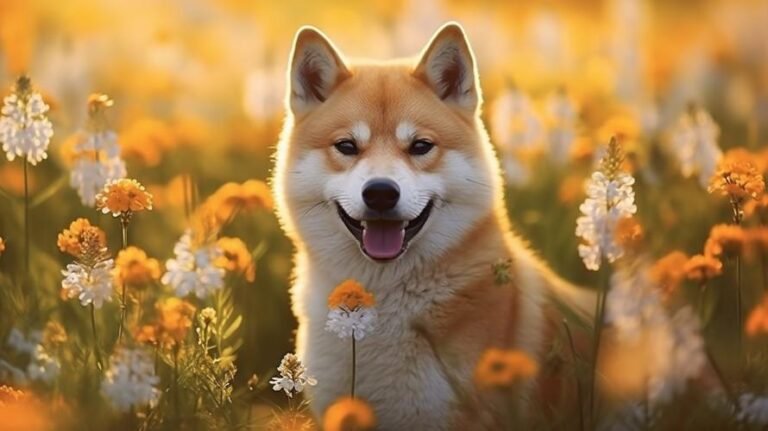Did you know that despite being a domestic pooch, an Akita carries a wild essence deep within? Thoughtfully bred to be a hunting dog in its home country of Japan, an Akita inherited a robust build, intelligence, and an adventurous spirit. But that’s not the most intriguing part. What’s fascinating is that its digestive system aligns closer to a tamed wolf, not a domestic dog. Their raw ancestors were hard-wired to thrive on proteins, not grains. That’s why discerning Akita enthusiasts are jumping on the grain-free diet bandwagon. But should Akitas indeed eat grain-free?
Now, let’s first understand what a grain-free diet implies. Grain-free diets simply exclude grains such as wheat, corn, barley, oats, rye, and rice. Instead, they focus on premium-quality animal proteins and other digestible carbohydrates, such as potatoes and peas. The goal is to replicate a diet that Akitas’ wilder ancestors feasted on during their heyday.
To feed grain-free or not is a heated debate among pet parents, veterinarians, and animal nutritionists. Some argue that grains may lead to allergies while others believe grains offer essential nutrients. So, where do we stand amid all this chaos? And what’s best for your Akita?
Let’s unravel this complex dietary enigma starting with the history of how grains entered a dog’s diet. Thousands of years ago, when man first domesticated dogs, their diets mainly comprised of game meat and fish, basically protein. Grains were introduced much later, mostly as a cheaper alternative to meat. However, domesticated dogs evolved to digest grains over centuries, unlike their wild ancestors.
In case of an Akita, this adaptation may not have taken place significantly given their lineage. That combined with their robust, muscular build and high-energy disposition might make them more grain-intolerant than other breeds. Hence, keeping grains at low levels or completely out of their meal bowls may be beneficial.
Let’s now look at how to tell if your Akita could do better with a grain-free diet.
If your Akita showcases symptoms like excessive itching, bald patches, inflamed skin, chronic diarrhea, frequent ear infections, or constant licking of their paws, these may point towards a grain sensitivity. Also, if their coat has lost its luster or they seem lethargic, a diet change could be in order. Consult your vet, and they may suggest transitioning to a grain-free diet, while observing if symptoms reduce.
However, remember to switch over gradually over several weeks to avoid any digestive upsets. Begin by substitifying a small part of regular food with the grain-free variant, increasing it slowly while concurrently decreasing the grain-based portion.
Keep in mind that every Akita is unique, and what works for one may not work for another. Some Akitas may not just react to grains but could be sensitive to certain proteins or other ingredients in their food. Therefore, prognosis and monitoring become vital.
However, there’s still a crucial aspect we must address. Grain-free diets have recently come under scanner after reports of a possible link to a heart disease called Dilated Cardiomyopathy (DCM). This raised concerns among pet parents, though the researchers clarified that no conclusive proof established that a grain-free diet directly causes DCM. These concerns further underline the importance of consulting your vet before deciding on any dietary shift.
Let’s also debunk a popular myth – grain-free doesn’t equate to low-carb. Manufacturers often substitute grains with potatoes, peas, or legumes that still contribute to the carbohydrate content. Furthermore, grain-free isn’t always better. It might not suit an Akita that doesn’t have a grain intolerance or allergy.
In conclusion, deciding whether an Akita should eat grain-free is not straightforward. Your Akita’s health status, tolerance levels, and individual preferences play a significant role. Instead of getting swayed by marketing tactics, consult your vet, listen to your Akita, and together, you’ll navigate towards the healthiest dietary choices. Remember, an educated Akita parent can make better, informed decisions.
Choose wisely since the health and vitality of your cuddle buddy depend on your choices. With the right diet, your Akita’s vibrance will shine through, reflecting in his twinkling eyes, wagging tails, and a loving heart.



